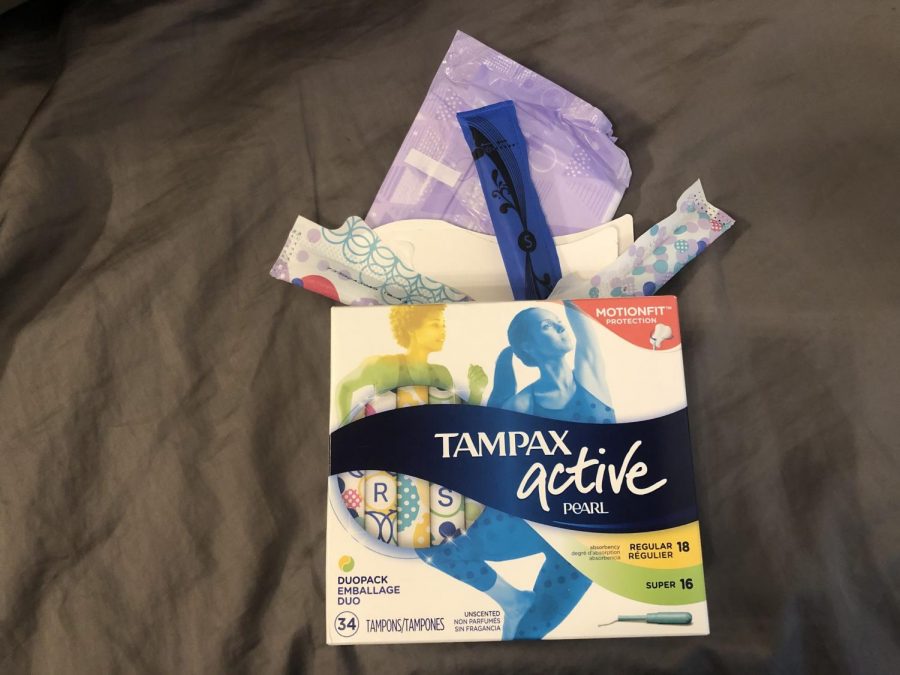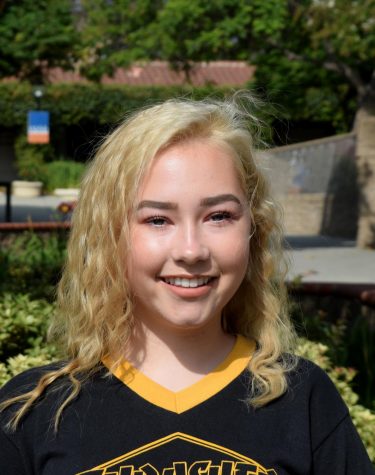“When a girl gets her period in the United States, she may miss a class. When a girl gets her period in a developing country, she may never go to school again.” – The Pad Project.
Put yourself in a young woman’s shoes for a moment and imagine that during class one day you stand up and walk to the bathroom. You realize, just like all women around the world, you have hit that stage of puberty where your menstruation cycle begins.
For the majority of women in the United States, this is no big deal. If anything, it is a bit exciting at first. When a young woman gets her first period, it is a sign of womanhood, something to bond over with friends.
For young women in India, it is anything but something to celebrate. They are shunned from places of worship, excluded from sports, and many end up dropping out of school because of the stigma surrounding the topic.
“Period. End of Sentence” is a documentary featuring a group of women in Hapur, India, fighting against the deeply-rooted stigma of menstruation. The documentary addresses the sad reality that many women cannot afford sanitary products, in addition to the shame that comes with purchasing them. The message behind the title of the film highlights how a period should end a sentence, not an education.
Emily Schoffman (‘19) said, “I think the documentary speaks volumes, because this topic isn’t even as widely discussed in America, let alone in India.”
Marty Hild (‘19) said, “I think it’s very influential and since menstruation has such a taboo against it, I think the documentary sheds a much needed light on the subject. If the organization also provides jobs, then that’s always a good thing.”
Around 70% of women in the world cannot afford these products and must turn to unhygienic alternatives. Because of the added shame with purchasing these products, around 23% of girls drop out in order to escape the humiliation from their peers.
The film follows young women and their experiences with sanitary pad dispensaries in their village. Since the majority of women must turn to unhealthy alternatives, such as the reuse of dirty rags and newspapers, they are at a higher risk of infection.
It was not until one man created an alternative. Muruganantham created a machine that makes affordable pads using locally sourced biodegradable material, while also creating jobs for the women who are unemployed.
The Pad Project supplies these women with a steady income and safe working environment. Many of the women were working in fields before the opportunity of working for the Pad Project introduced itself. Working in the fields is hard work, especially for women who are the main caretakers of their families.
With the much needed attention that the Pad Project has received, the organization hopes to install pad machines in as many impoverished villages as possible, with aspirations to spread to other countries.







![Many Webb students spend their free time in the library watching a popular TV show like Riverdale and Euphoria. “Based off what I’ve seen, like in Euphoria, because the actors are older, they don't showcase an actual high school life properly,” Sochika Ndibe (‘26) said. “Since [the actors] are older [and] playing a teenager, from a girl’s perspective, it is going to make you think you should look more developed at a young age.” The actor, who plays Veronica Lodge, was 22 years old at the time of filming.](https://webbcanyonchronicle.com/wp-content/uploads/2025/03/Antecol-Media-affects-how-society-functions-graphic-1200x900.png)

